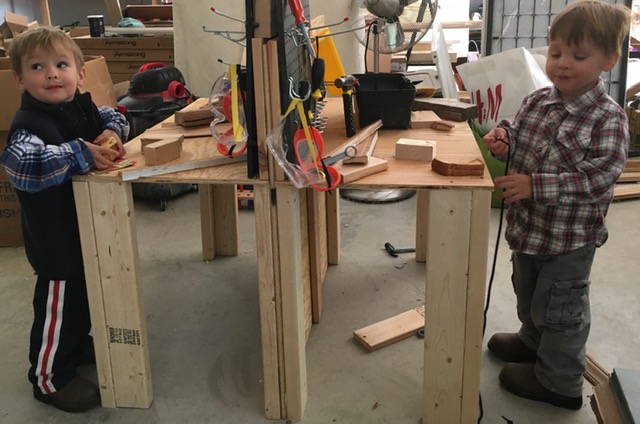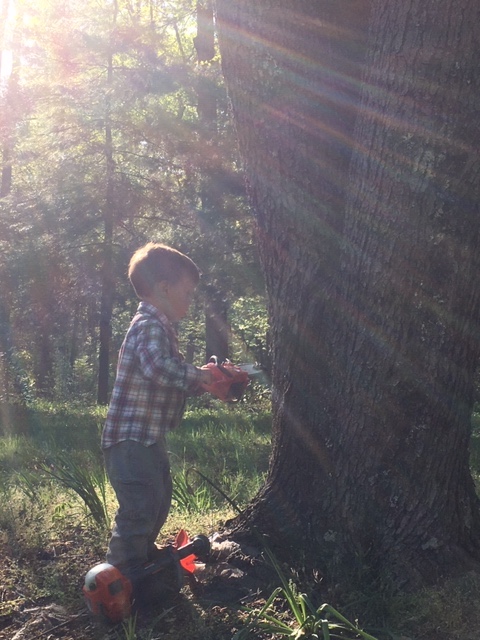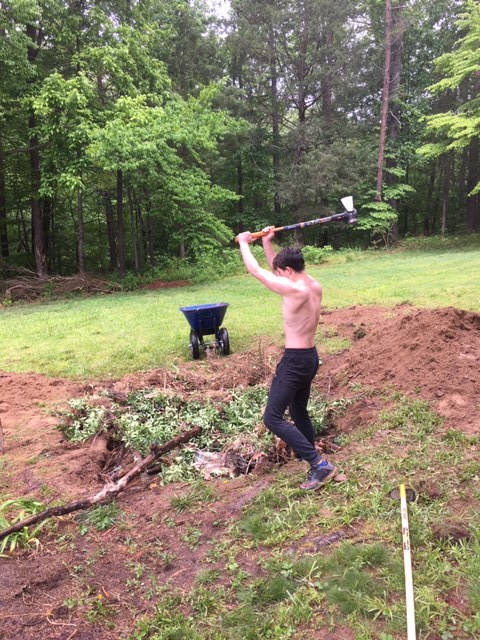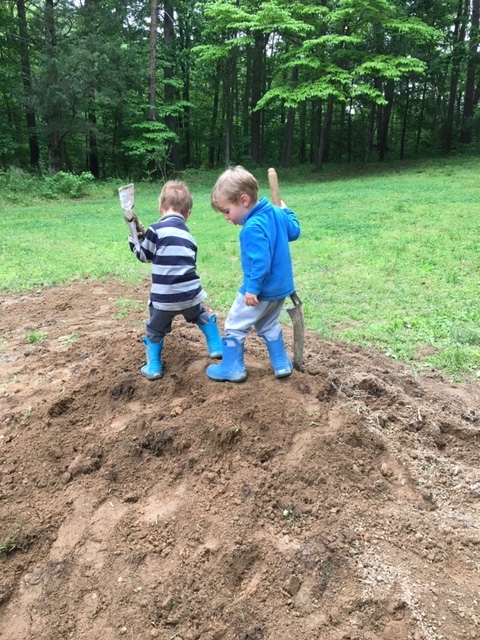Surveying the increasing tendency of people to assume the worst of one another when arguing over politics, or religion, or pretty much anything else, I’m convicted that we fathers have to do our part to break this cycle of societal self-destruction.
Charlie Munger, Warren Buffett’s investment partner, once said: “I’m not entitled to have an opinion unless I can state the arguments against my position better than the people who are in opposition. I think that I am qualified to speak only when I’ve reached that state.” Likewise, Willmoore Kendall, a largely forgotten political philosopher, used to say that one should strive to understand one’s interlocutor as he understands himself.
Both admonitions reflect a sentiment that responsible citizenship—be it in one’s country, neighborhood, or family—requires empathy. An effort to see the world as my neighbor sees it. Not necessarily to agree with him, or to compromise my principles, but to understand him. Even if this never leads me to change my mind, it inclines me to see through his eyes, which in turn humanizes him in mine. It’s harder to hate your neighbor when you understand why he sees the world the way he does.

One of my sons is in conflict with someone right now, and he occasionally comes to me with complaints about how that person is being unreasonable and unfair. When he does this, I always ask him the same thing: “Tell me how she would explain her point of view.”
He hates this, and I understand why, because I’ve been there myself. It’s so much easier—and at some level more pleasurable—to write someone off as irrational, or stupid, or just plain evil. Read any thread on politics and you’ll find 99% of the comments about opponents fit one or more of those buckets. Heck, it’s probably more like 99.999%.
What if most of the people who disagree with us aren’t evil, stupid, or crazy? What if they just see the world differently? And what could the world be if our children spread that small grace—the grace that lets people disagree without becoming devils in each other’s eyes?
I don’t know, but shouldn’t we try to find out while there’s still time?





